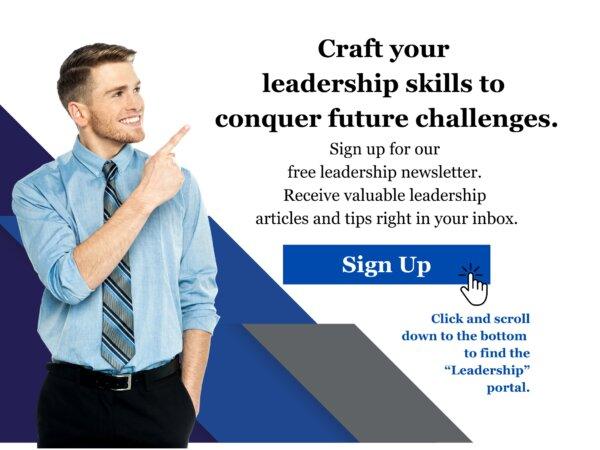Approximately 70 percent of CEOs were removed by their boards of directors because of their inability to deliver results. Several years ago a leading business publication summed it up nicely: perform or perish.
Yes, results rule AND…
There are many ways to the top but how you get there makes all the difference.
“He clawed his way to the top.” “She stepped on others to get where she is today.”
There is nothing flattering or desirable about those phrases, yet we’ve all heard them used to describe a leader who valued results over methods.
Bernie Madoff infamously created “results” and lived large by scamming investors. His financial Ponzi scheme sent tremors through the global investing community. Once a highly regarded leader in his profession, he developed relationships and built trust that, as the old saying goes, enabled him to rob Peter to pay Paul (and Bernie).
It is easy for any leader to spot the moral failure in Madoff’s “results over methods,” but in smaller, less egregious and often subtle ways leaders often overemphasize results and underemphasize methods.
1. Is It Legal?
Seems obvious but maybe not based on daily headlines.This is the easiest test for any practice or strategy you might employ. The problem, of course, is in the “gray zones.” Those are the areas that seem/might be/probably are/ could be “legal” but we’re not absolutely sure. Oddly we applaud leaders who push the limits—until they cross the line and end up in trouble.
When it comes to legal matters, I believe it pays to stay in the crystal clear areas and avoid the murky zones.
2. Is It Fair?
Most leaders understand what feels fair to them. Only really good leaders develop a sense of what is fair to those they lead and serve in the marketplace.3. Is It Sound?
Some methodology is built on timeless truth and other on shifting sand. Consider: Are the ways you are achieving results sustainable? Could they be replicated by others on your team with the same predictable successful outcome? Will these same methods work under different circumstances?4. Is It Innovative?
There’s nothing wrong in emulating the successful practices of other leaders and organizations. Best practices are good, but the better strategy is when you pioneer next practices: the kind of strategies and tactics that change the game.5. Is It Life Enhancing?
Business is a subset of life, not the other way around. Anything we do or ask others to do should ultimately be life enhancing, not life diminishing. Methods that unduly stress employees or create an unnecessary burden are not only spiritually oppressive, but decrease the energy of the organization.A less considered aspect of methods: is it enjoyable or burdensome to do business with your organization? I spent yesterday in a hospital with my mother. While the medical attention she received seemed to be good, the manner with which it was delivered was not. There was an emphasis on the clinical rather than the personal. Nobody—much less one’s mother—is a lab experiment. We all seek medical help to get better. We shouldn’t have to suffer emotionally to alleviate physical suffering.
And what about you? Do you feel energized and invigorated by the way you lead? It is a major warning sign if you constantly feel oppressed in your work as a leader.
You are charged with producing results. Turning in the numbers isn’t, in the end, the final evaluation of your success as a leader. How you achieve those numbers determines your true leadership ability.









